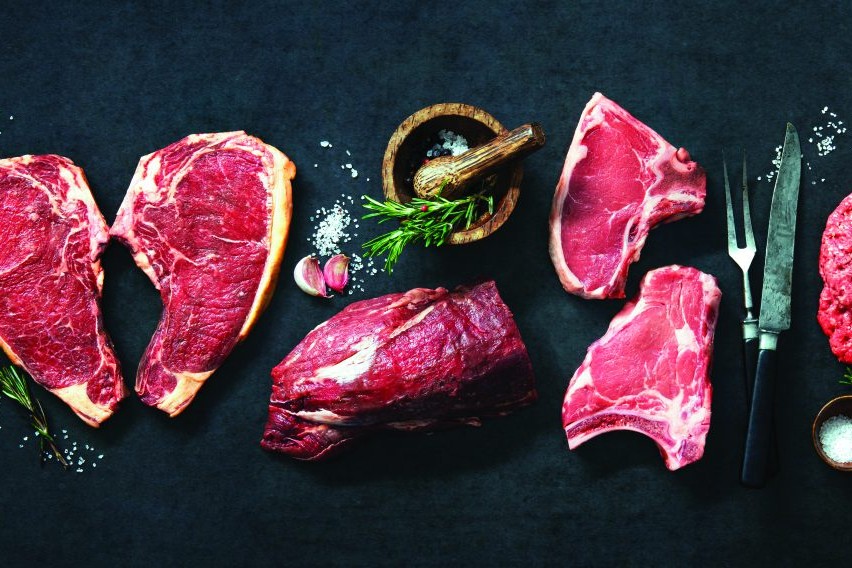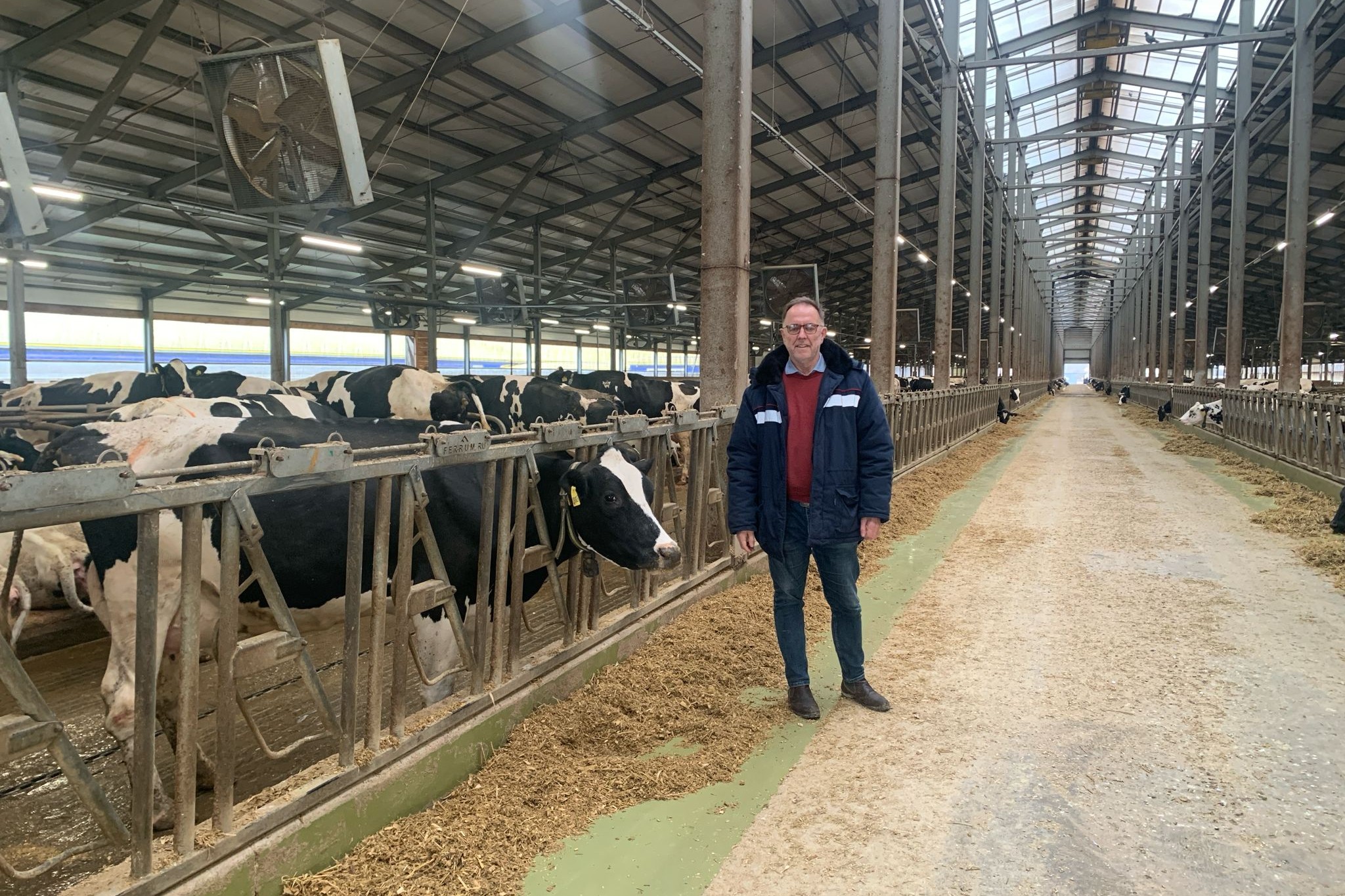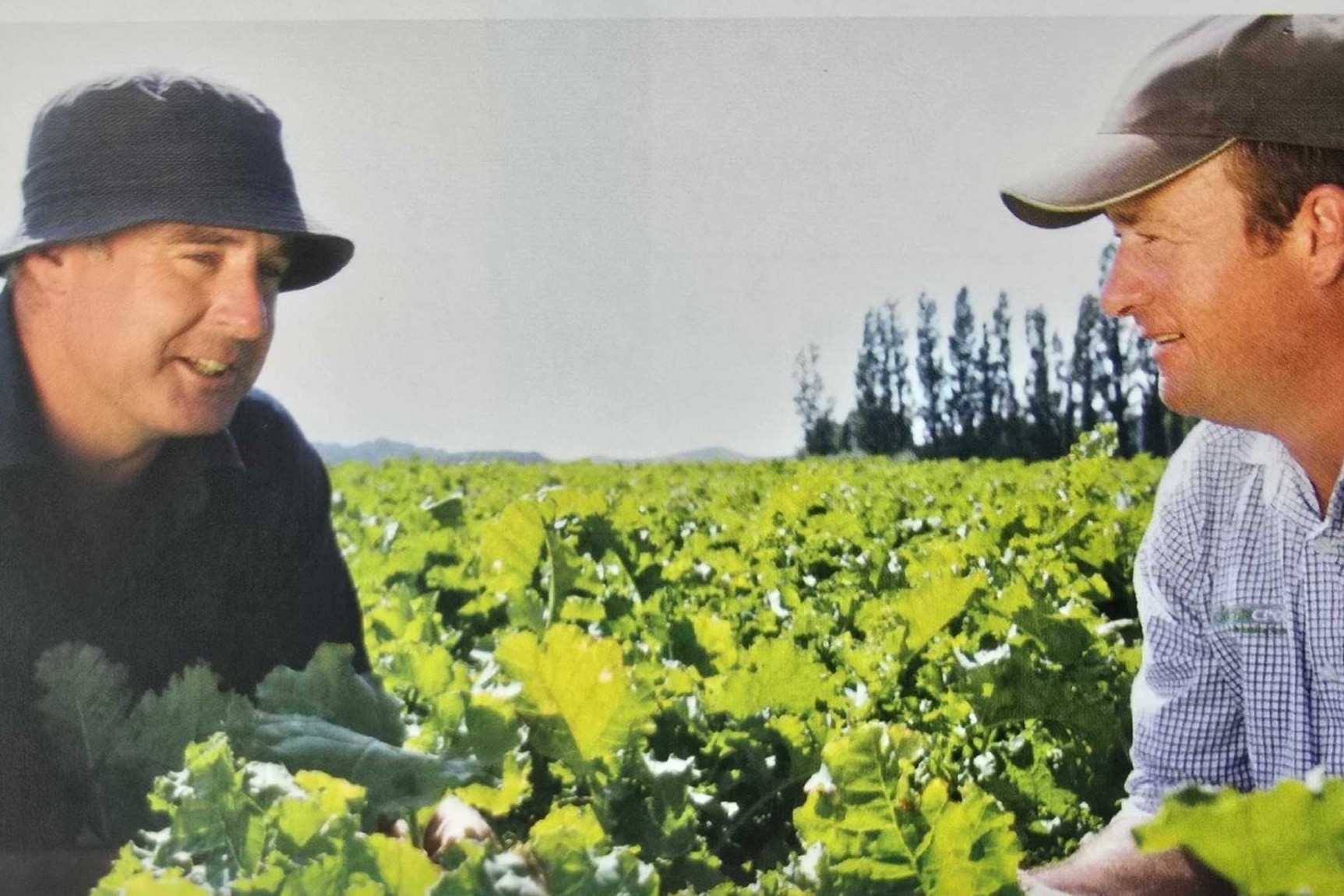Ready to thrive in a changeable world
Adaptability is crucial to maintain our standing as a premium beef exporter. Words by Sirma Karapeeva, Chief Executive, Meat Industry Association

A s a small and open trading nation New Zealand should rightfully be proud of the work that successive Governments have put in to develop our network of Free Trade Agreements (FTA). With the addition of the European Union and United Kingdom FTA’s, this overlapping framework will cover three-quarters of our trade.
These deals have opened markets around the world to Kiwi goods-and-services by lowering tariffs to the mutual benefit of overseas consumers and New Zealand producers alike.
Putting that into tangible red meat terms, we’ve seen tariff costs on NZ beef and sheep meat exports fall from $370 million in 2010 to $198 million in 2022. A decline of 46%.
Over the same period, beef and veal export volumes have risen 41%, and brought home $4.4b in export earnings in 2023 alone. It is certainly a good news story, but we’d be wise to work even harder, and smarter, if we want the story to continue.
That’s largely for two reasons.
Firstly, the big ticket wins such as the China FTA, the Regional Comprehensive Economic Partnership with ASEAN and six regional economies, the 11-nation Comprehensive and Progressive Agreement for Trans-Pacific Partnership, the UK FTA, and the EU FTA are already in the bag.
That means the opportunity to secure similar agreements is more limited, and while the prospect of securing an FTA with an emerging economic powerhouse like India is extremely appealing – and something we encourage the Government to pursue – it is a project that will take significant time and investment to secure.
Secondly, the politics of trade has ebbed a long way from the ‘trade is good’ mantra of the 1990s and 2000s in favour of regionalism and ‘friendshoring’. This has also flowed through to consumer behaviour, where a preference for local products in some of our biggest markets, such as China, is emerging as a significant trend.
At the Meat Industry Association, we believe this necessitates an upgrade to our trade strategy of growing our FTA network to also ensuring we derive more value from the trade agreements that we already have in place.
This is notably in the area of tackling non-tariff barriers – post-border red tape that adds cost to NZ exports for little consumer benefit. Examples include onerous premise audits and registrations, changeable technical requirements, and prescriptive labelling requirements; to name but a few.
This may sound inconsequential but our research shows these technical barriers to trade added $340m in-cost to red meat exports in 2022 – almost double the level of on-border tariff costs.
The red meat sector also needs to maintain its flexibility and adaptability in the face of shifting market dynamics to ensure we are moving with the changes in consumer preference. In places like the UK and Europe, consumers are putting greater emphasis on the environmental credentials of the products that they buy; whereas in China health benefits are a paramount consideration.
If we are to maintain our preferential standing as a premium beef exporter in the eyes of consumers in these critical markets it is incumbent on red meat farmers, processors, exporters, and marketers in NZ to adapt accordingly while maintaining those grass-fed characteristics that make our product unique.
This is particularly relevant in the face of heightened beef competition from countries such as Brazil, Ireland and Uruguay. Collectively, this may sound like a lot of change all at once. But it is a challenge we are confident our sector is more than up to meeting. That’s because NZ has the most adaptable and productive agricultural systems globally – a direct consequence of our subsidy-free operating model.
Furthermore, with an explicit target to double the value of exports over the next decade, we have a Government that has a real drive to open doors for NZ’s export sector. We in the red meat export sector stand ready to take full advantage of these opportunities as they arise.




